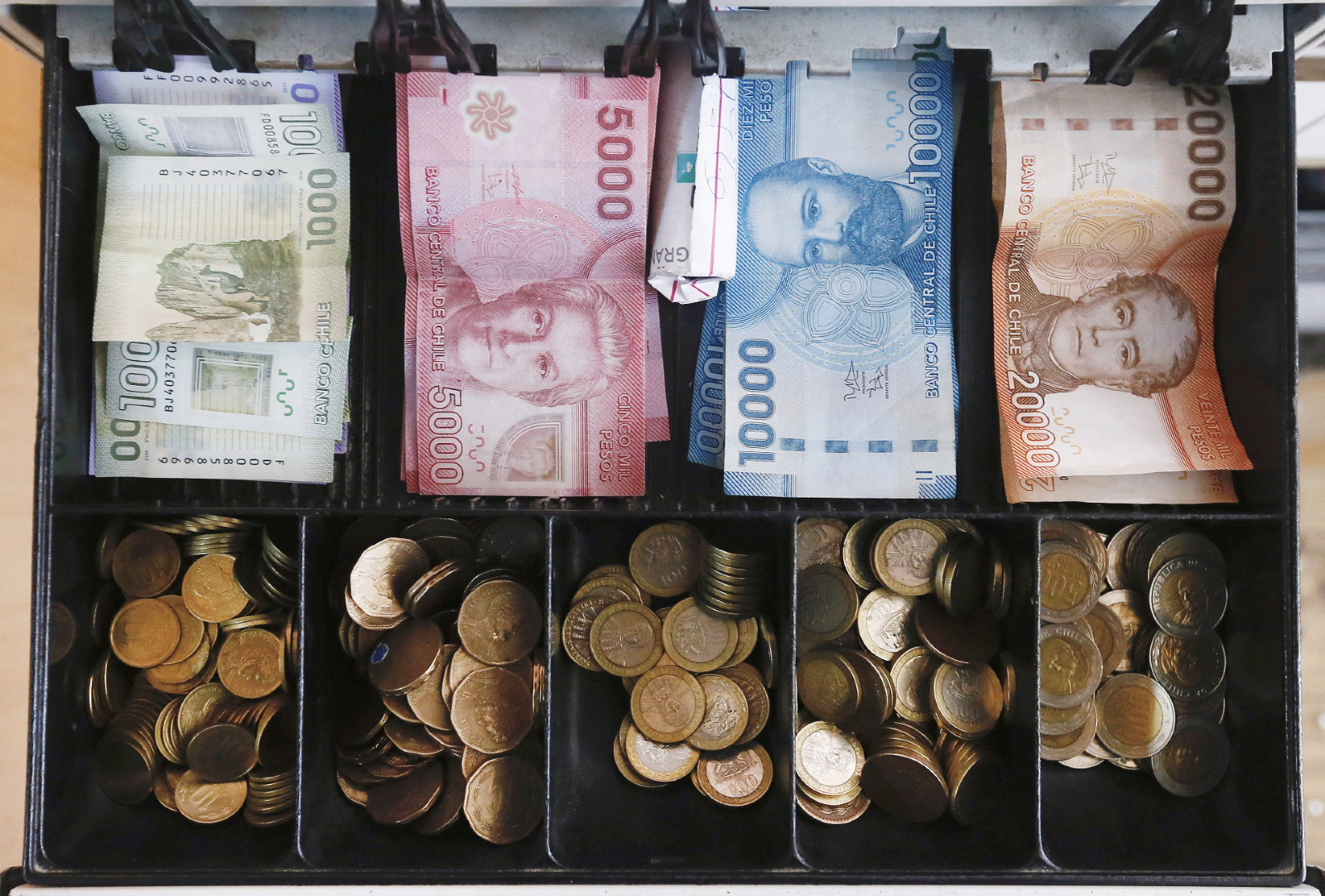What will impact emerging markets in 2023?

Last year was a tough one for emerging markets. What will 2023 bring? Emerging markets had a rough ride last year. Aggressive monetary tightening led by the US Federal Reserve combined with inflation and commodities shocks to bring currency woes, losses in stocks and bonds, and even debt defaults for some EMs. With economists still warning of global recession threats around the corner, what does this year have in store for already struggling EMs?
The bulls are gaining strength: Things may have seemed bleak for many EM countries lately, but optimists have not been deterred by the trials of 2022. In fact, their ranks are swelling: Rising positive sentiment during 4Q 2022 led to bulls outnumbering bears on EM assets for the first time in 1.5 years by December, according to an HSBC poll picked up by Reuters. Of the 118 institutional investors surveyed, 29% said they were bullish on the asset class over the next three months, almost double the number in the previous survey in September. Investors harboring a bearish outlook fell to 18% from 41% previously.
The state of EM debt: In 2022, 25% of EM countries and more than 60% of low-income nations were on the edge of debt distress, while Sri Lanka and Ghana were among EMs that fell off that edge and into default. Many EM countries looked to alternative forms of debt relief amid tough times last year, including borrowing from private banks or non-governmental sources — which entails serious drawbacks from shorter payback times to higher interest rates and difficulty in negotiating or rescheduling payments. That said, “there's not actually a lot of debt maturing next year,” one EM analyst tells Reuters, adding that Pakistan is the country “probably most at risk” of a 2023 default.
A softer USD? With the Federal Reserve poised to slow — and perhaps even halt — its tightening cycle, the greenback should weaken further this year following a surge in 2022, writes Lisa Shalett, chief investment officer at Morgan Stanley’s wealth management unit. This will provide much-needed relief to EM countries whose currencies and debt positions have come under pressure from the stronger USD. That said, any recovery in EMs will be curtailed if persistent inflation forces the Fed to continue raising rates for longer and the greenback remains strong.
China’s re-emergence: The Chinese economy is expected to rebound this year on the back of Beijing’s decision to drop its zero-covid policy. A Nikkei survey of 37 analysts and economists is predicting the economy to grow 4.7% this year, up from 3.0% in 2022, as the government relaxes its strict virus curbs. A pick-up in demand in China will be good news for emerging economies, particularly commodity exporters, for whom China is one of their biggest trading partners. Chinese assets also account for one third of market capitalization in most EM benchmark indices.
Slowing growth: Despite a Chinese rebound, most analysts are expecting GDP in other EM nations to slow in 2023 as a downturn in the US and Europe cancels out rising demand in the east and economies continue to feel the impact of higher interest rates and the spillover effects of the war in Ukraine. JPMorgan is forecasting growth in EM (excluding China) to weaken to 1.8% this year, while S&P Global Ratings recently cut its yearly forecast for emerging economies (excluding China and Saudi Arabia) to 3.8%. “The economic downturns along with the aggressive monetary tightening and geopolitical and commodity shocks that induce them will be temporarily painful in financial and emerging markets,” said David Folkerts-Landau, group chief economist at Deutsche Bank, according to Reuters.
Inflation will remain a problem in many emerging economies this year, though a slowdown in some countries on the back of falling commodities prices will allow central banks — mainly in Latin America — to begin cutting interest rates, according to JPMorgan. “Inflation is expected to remain a problem for central banks in roughly half of the core EM countries. Some EM central banks may start easing next year but most look set to keep rates high for longer,” said Luis Oganes, who heads up currencies, commodities and EM research at the bank.
Ukraine will remain a wildcard: Geopolitical and economic risks emanating from the war in Ukraine will persist. The conflict has already upended global energy supply chains, disrupted food security across the world and triggered a wave of inflation, and the economic impact of an escalation of the conflict or new sanctions on the Russian economy will be unpredictable and potentially severe.
To the polls: Elections are set to take place across EMs, including Nigeria, Argentina and Poland. The upcoming presidential election in Turkey might prove to be the most impactful leadership contest as far as the MENA region is concerned. The president’s personal approval ratings have tanked in recent months as the global economic shocks combined with his unorthodox monetary policy to leave the country dealing with surging inflation and a currency at record lows against the USD.